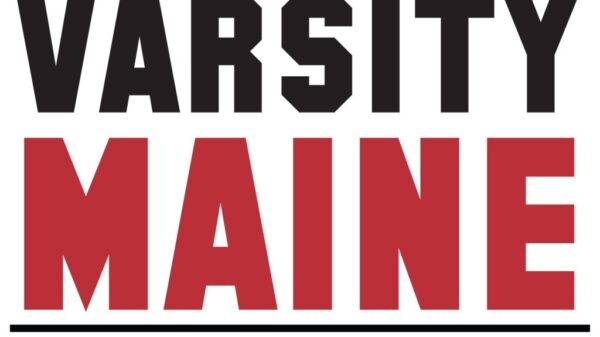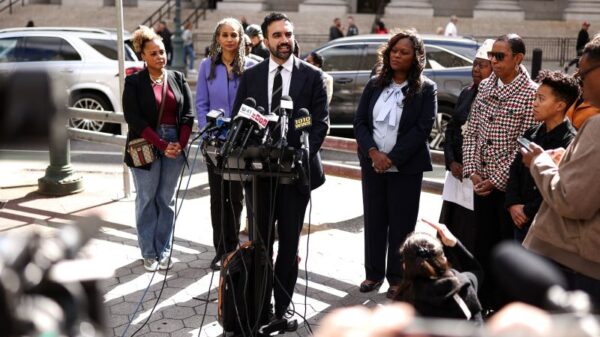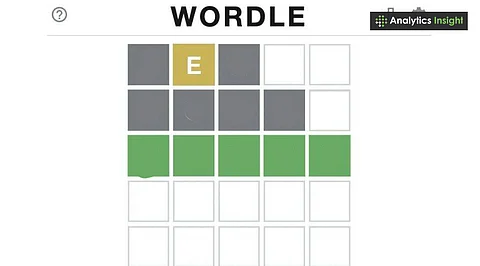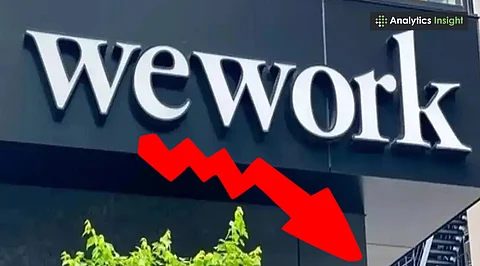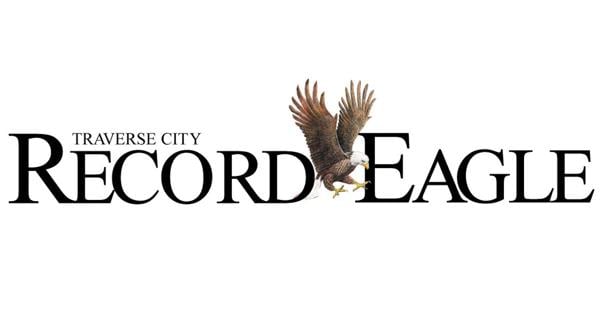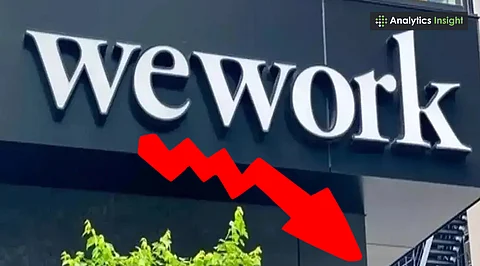New Hampshire lawmakers are debating the issue of educational funding and accountability, with Representative Jim Kofalt emphasizing the need for more oversight rather than increased taxation. Property owners in the state have experienced significant tax hikes, which Kofalt argues is unacceptable, particularly as student enrollment declines and academic performance stagnates.
Kofalt criticizes advocates of increased spending who suggest that state officials are not doing enough to support local education. He points to the Claremont School District, which is receiving $17.6 million in state funds this year, expected to rise to over $19 million by fiscal year 2027. Despite this funding, Claremont faces a multimillion-dollar deficit, largely attributed to mismanagement. For instance, during the COVID-19 pandemic, the district missed out on substantial federal aid due to administrative failures.
The situation in Claremont raises critical questions about the effectiveness of funding in improving educational outcomes. Despite spending more than the state average of $26,000 per pupil, Claremont ranks a dismal 154th out of 163 school districts in New Hampshire. Kofalt argues that without accountability in how funds are spent, increased financial resources will not lead to better educational results.
Kofalt’s remarks highlight a broader concern regarding educational expenditures in New Hampshire. Since 2001, total district spending has risen by 45%, yet student proficiency scores have declined. The reliance on local property taxes for education funding often results in misallocated resources, with many districts failing to claim reimbursements for health-related services under Medicaid. Additionally, administrative costs have surged, further straining budgets without translating into improved academic performance.
In recent years, some districts have diverted funds toward diversity, equity, and inclusion (DEI) programs, which Kofalt views as unnecessary ideological pursuits. He notes that earlier this month, funds were funneled to a nonprofit for LGBTQ+ training in elementary and middle schools, prompting concerns about the focus of educational spending.
In response to these concerns, New Hampshire lawmakers passed the Parental Bill of Rights earlier this year, aiming to ensure that educational priorities align more closely with the needs of local taxpayers. Kofalt asserts that the core issue is not insufficient funding but rather excessive spending that does not respect the contributions of local taxpayers.
He warns against the implementation of a statewide income tax, pointing to states like New Jersey and Connecticut, where citizens were promised relief from high property taxes through new income taxes. Instead, these states continue to grapple with high educational spending without corresponding improvements in academic success.
New Hampshire currently allocates over $7,100 per student on average, just shy of the funding mandated by the ConVal ruling. Kofalt advocates for a focus on accountability, urging a reduction in administrative overhead and a renewed emphasis on academic achievement.
As property taxes continue to burden residents, Kofalt’s message resonates with many Granite Staters seeking a balance between adequate educational funding and responsible management of taxpayer dollars. He calls for a rejection of judicial overreach and a commitment to preserving the unique advantages of education in New Hampshire.

